Some keen eyes over at Videocardz recently discovered that benchmarks for the highly anticipated AMD Radeon RX Vega GPU have inadvertently been leaked in the CompuBench benchmark database. The leaked benchmarks also reveal some GPU specifications for the first time including potential clock speeds and compute unit count.
Starting off, we can see that the leaked CompuBench benchmarks shows a device ID 687F:C1. This is the same device ID of the AMD Radeon RX Vega GPU that we saw running the Doom 4K demo at CES.
Using the information on the info page, we get several important pieces of information about the GPU.
- CL_DEVICE_MAX_COMPUTE_UNITS = 64 – This tells us that this Vega GPU will feature 4096 Stream Processors (64 Compute Units x 64 Stream Processors per Compute Unit = 4096 Stream Processors Total). As the Radeon RX480 contains 36 Compute Units with 2,304 Stream Processors, Vega should roughly double the performance of the Radeon RX480.
- CL_DEVICE_MAX_CLOCK_FREQUENCY = 1000 1200 – This tells us the maximum clock frequency of the device. As two frequencies are shown here, 1,200 MHz is likely to be the boost clock.The Radeon RX 480 is clocked at 1120 MHz base and 1,266 MHz boost.
- CL_DEVICE_GLOBAL_MEM_SIZE = 4278190080 8573157376 – This suggests that the Radeon RX Vega may feature 8GB of memory (8573157376 Bytes = 8.573157376 Gigabytes). However, this is not definitive depending on how the driver reports CL_DEVICE_GLOBAL_MEM_SIZE.
Here’s a look at a comparison of several different OpenCL benchmarks of the AMD Radeon RX Vega against the Nvidia GeForce GTX 1080, Nvidia GeFrce GTX 1080 Ti, and AMD Radeon RX 480. Depending on the benchmark, the AMD Radeon RX Vega is about 1.5x-2x the performance of the AMD Radeon RX 480. Against the Nvidia GeForce GTX 1080 and GTX 1080 Ti, the Radeon RX Vega’s performance is somewhere in the middle of the two.
The results in this set of benchmarks is similar to what we saw in the previous set. Here it’s clear that some more optimization needs to be done. In the Catmull – Clark Subdivision Level 3 benchmark, the Vega GPU performs even slower than the RX 480.
As always, take all leaks with a grain of salt. These are benchmarks of early samples with un-finalized hardware and drivers. That said, if these benchmarks are accurate, the AMD Radeon RX Vega is looking to be a strong contender against Nvidia’s offerings at least in terms of OpenCL compute performance. This could be a contributing factor to Nvidia’s decision to significantly undercut their own Pascal GTX Titan X with the launch of the GTX 1080 Ti and lower prices on the GTX 1080.
While the benchmarks give us a good idea of OpenCL performance, unfortunately this doesn’t tell us much about what gaming performance looks like, but based on the OpenCL performance we’re seeing here, it wouldn’t be too far off to assume gaming performance should roughly also equate to about 1.5x-2x the performance of the Radeon RX 480.
Source: CompuBench via Videocardz

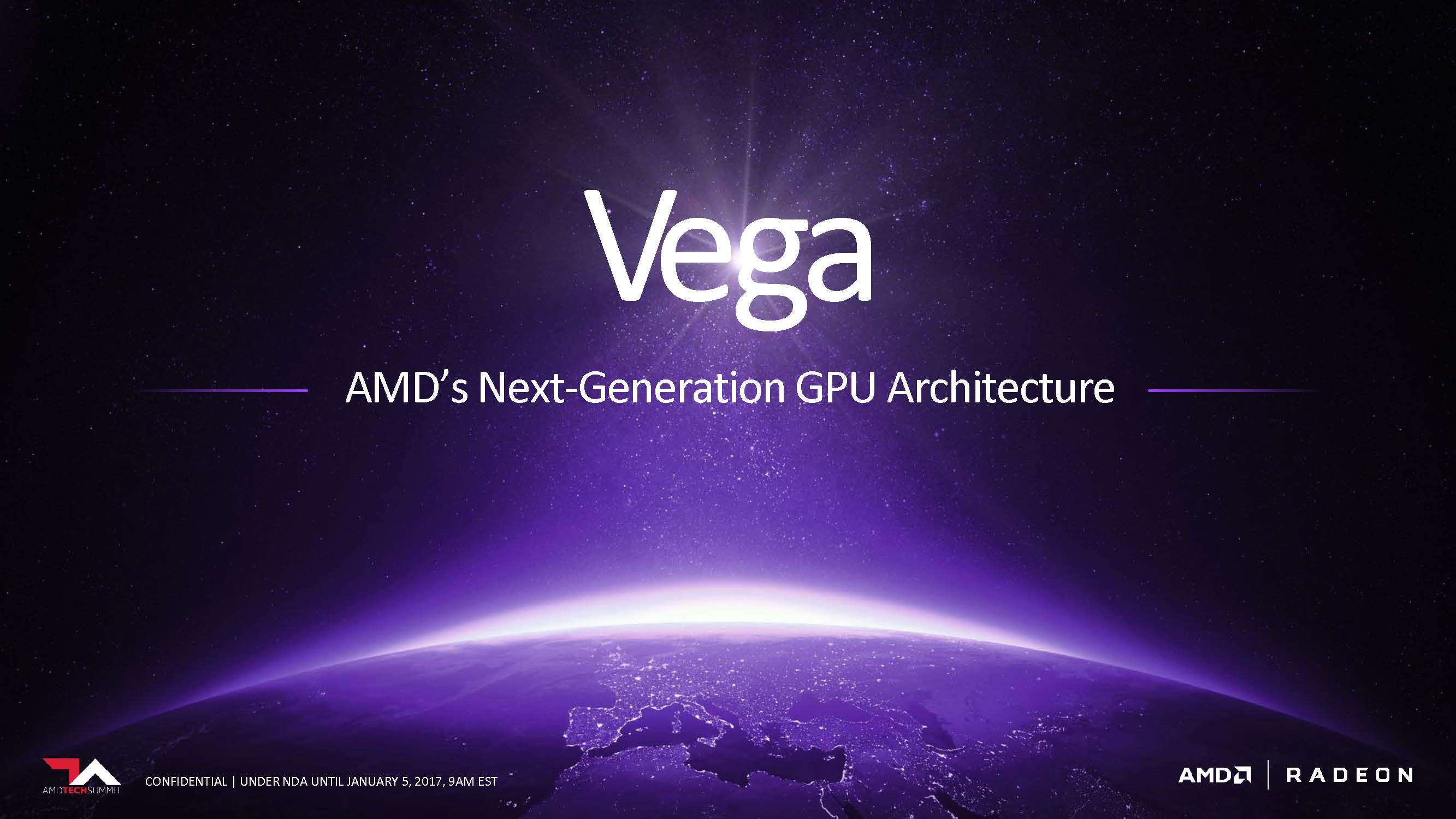
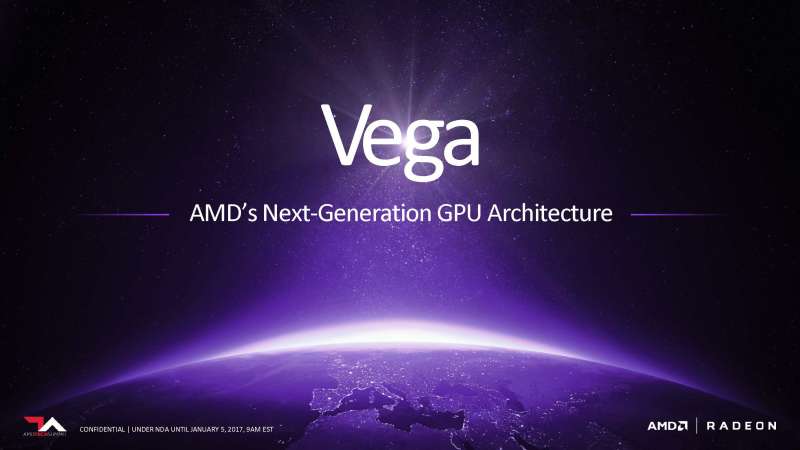

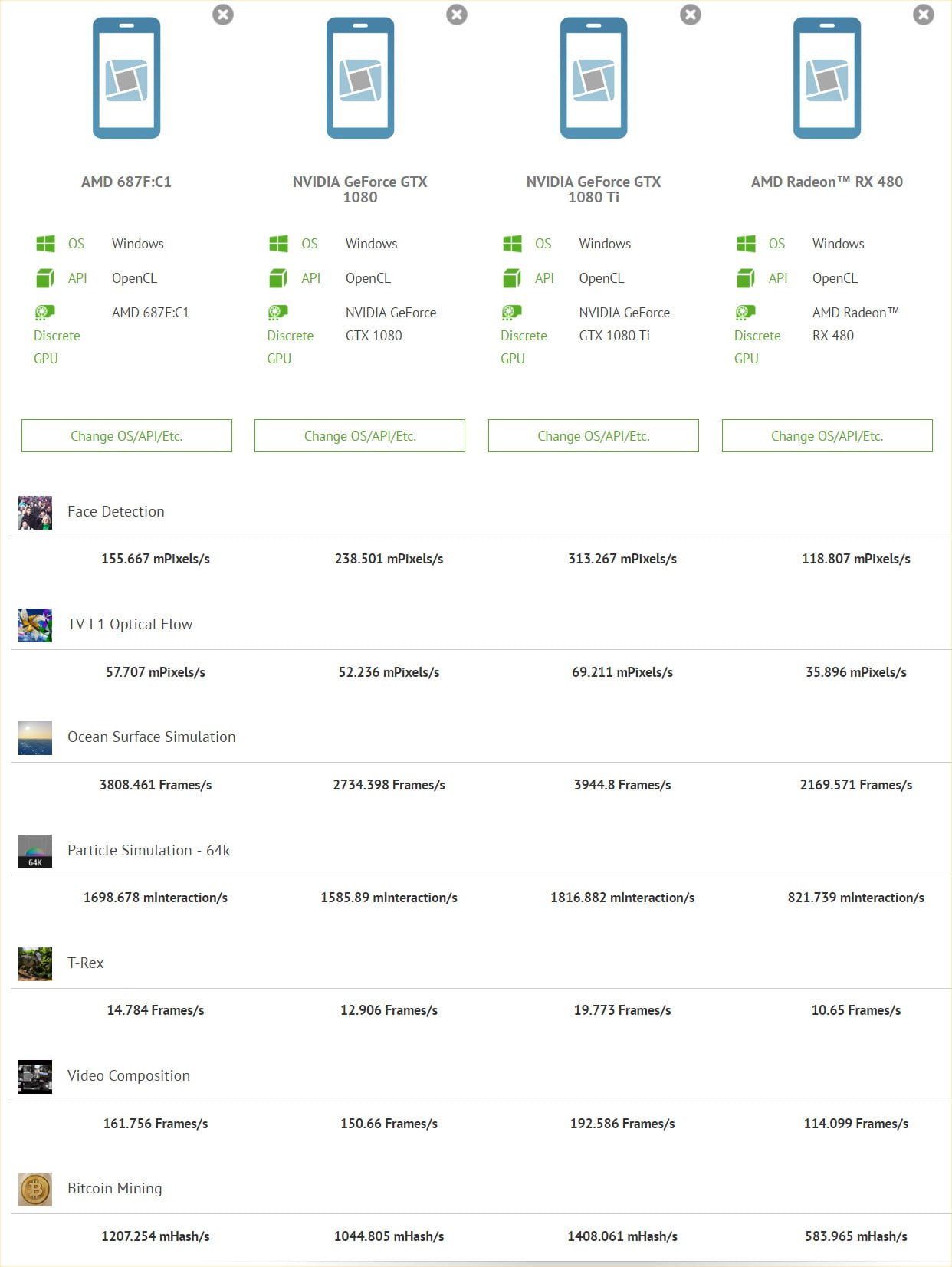
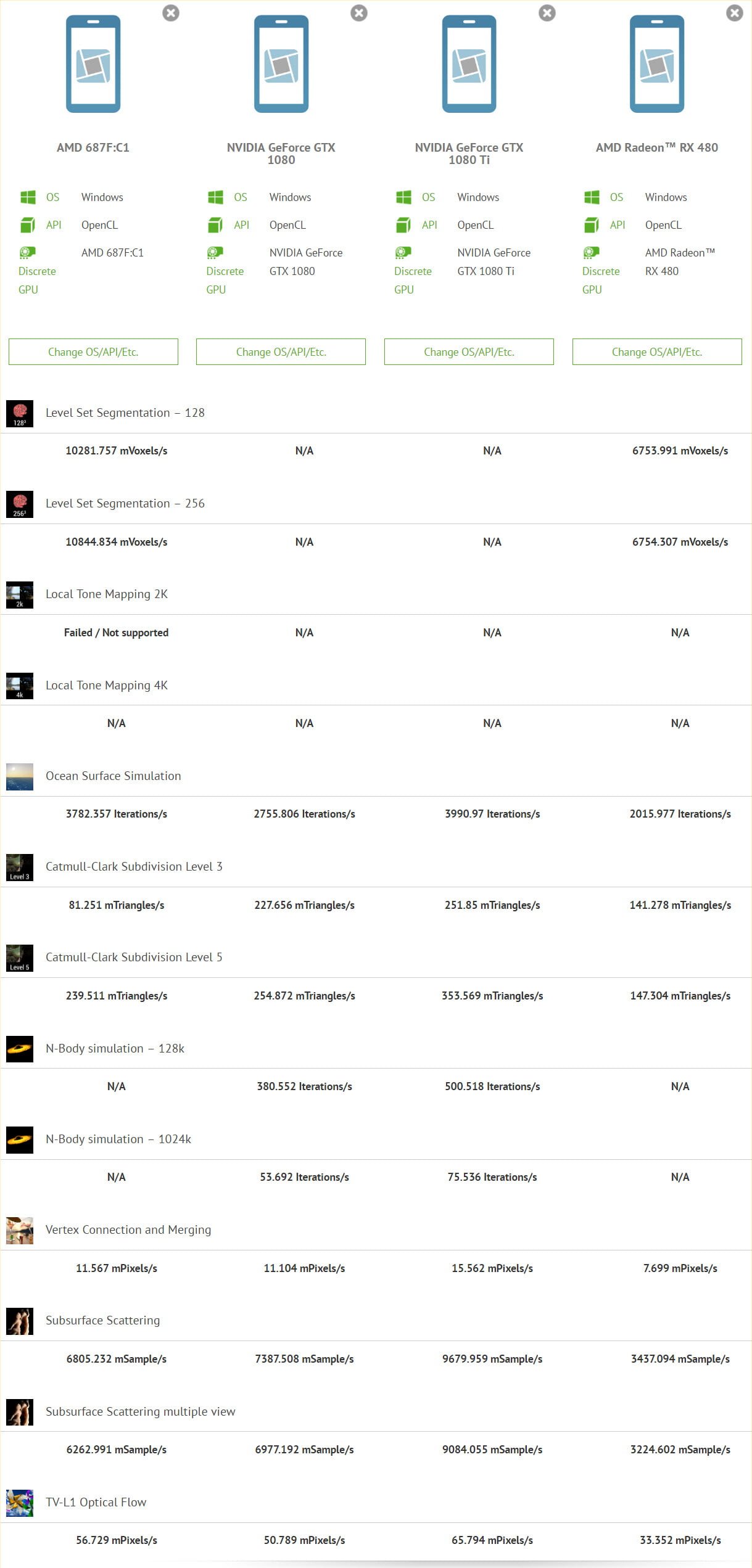

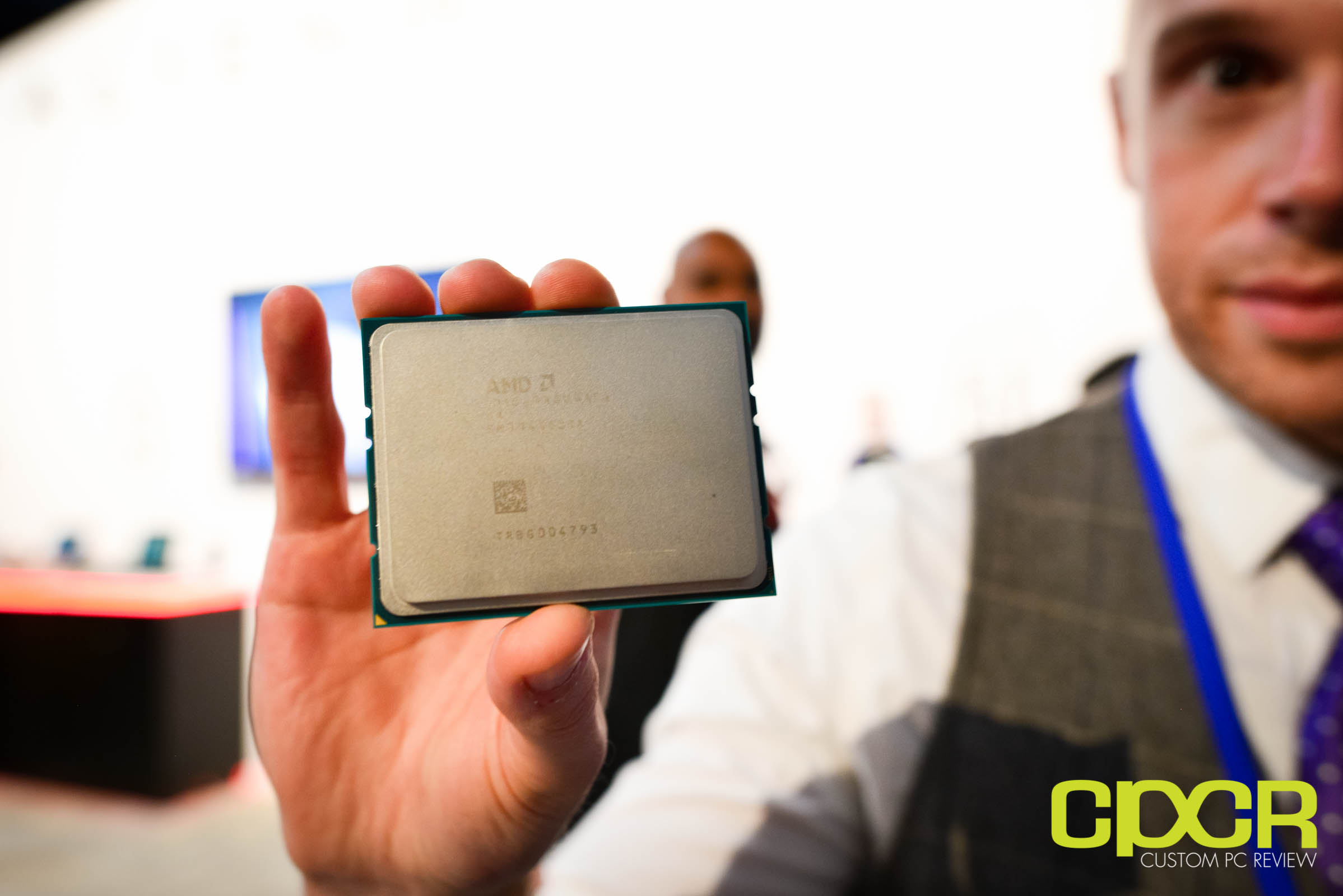

AMD will take the performance crown!
Price for performance more than likely. Seems they will not unseat the thrown from the 1080 TI though according to these marks at least.
AMD wont have any crown lol, they purposely put out lesser cards in order to undercut nvidia. meaning nvidia no matter what will best them. even if vega beat a 1080, it wont just check the newest leaks, nvidia will just release the next thing and once again solidify the performance crown for team green. i want amd im going with a ryzen cpu but im not buying an amd card, not when they cant keep up as it is
Several important features in Cycles Renderer it isn’t close to the 1080Ti. SSS, Catmull-Subdiv and seeing as the entire OpenCL stack in Blender is grossly immature to that of CUDA it isn’t surprising that even after 5+ years of OpenCL investment they aren’t where they need to be just yet.